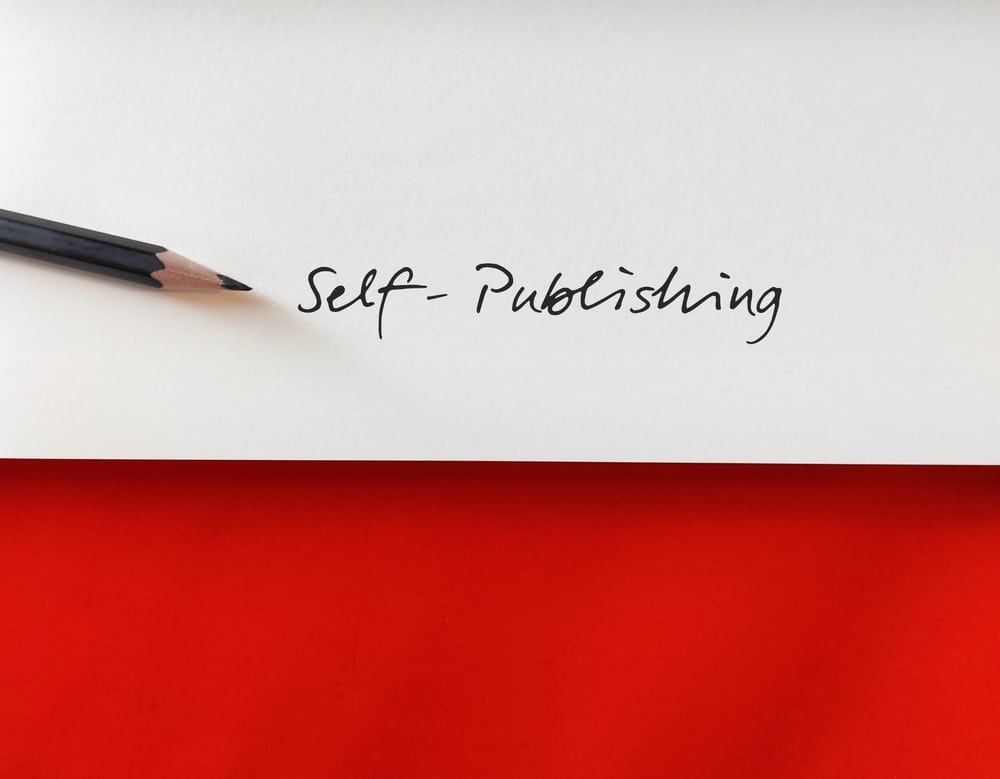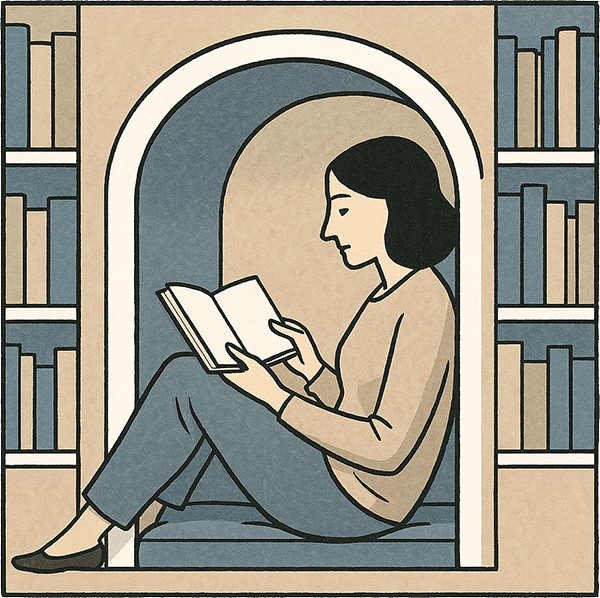Are you working on the great American novel or perhaps the next “how-to” bestseller? If so, you might be thinking about what happens next, after you’ve finished your manuscript’s first draft.
One question you might have is whether or not you will need an editor. If you get your book accepted by a major publishing house, it will no doubt make several passes through the editing process. But what if you plan to self-publish your book?
Book editing is a term that encompasses multiple roles and facets, each one specific to the author and manuscript. Whether or not you will need to use an editor will depend on several factors.
What Does a Book Editor Do?
Editors wear many hats. In fact, different editors fulfill different roles, depending on the circumstances and the author’s needs.
Sometimes the editing process is little more than a cursory check for grammar, typing errors, punctuation, etc. However, that perfunctory process – which essentially qualifies as proofreading – does not typify the true editing process.
At their most valuable, editors delve more deeply into the content of a manuscript. Copy editors perform proofreading functions but they take a deeper dive into the content itself, with the intent of improving flow and making the manuscript more readable.
Content editors go even further, working on aspects such as voice, tone, perspective and tense. They have an eye for continuity as well, potentially reworking – or suggesting the rework – of segments of the manuscript for improved quality.
Although most editing takes place after the manuscript has been written, that is not always the case. In some cases, authors might even consult an editor while developing their book. These developmental editors can help guide the author through the writing process, improving the quality of the manuscript along the way.
How Much Does a Book Editor Cost?
As you might imagine, the price range for having a manuscript edited is expansive. Just as editors perform different types of work for authors, their prices range accordingly. Prices for editing can also vary significantly depending on the length and genre of your manuscript and the depth of work that editing it requires.
Most editors charge a set fee per word. Proofreaders tend to be on the lower end of the scale, with some proofreaders and even copy editors charging as little as $0.03 to $0.05 per word. Content editors carry a higher per-word fee, potentially ranging up to $0.20 per word or more.
It is important to remember that, when it comes to editing services, you get what you pay for. Hiring your neighbor’s cousin (who just happened to be an English major in college) might cost less than the alternatives but, unless they’re truly a professional editor, is likely to leave you with a less-than-stellar result.
Can I Self-Edit My Book?
If you are (or plan to) work with an established publisher, the chances are very low that you can avoid working with a professional editor. We if talk about self-publishing your book, however, this could be a potential option in some cases – depending on the way in which you plan to publish.
However, as you might imagine, the fact that you can do something does not mean that you should. Skipping the professional editing phase of the process can leave you with a manuscript that is unprofessional and difficult to read. The benefits that a good editor brings to the publishing process are hard to overlook.
In fact, even most professional editors engage the services of other editors when they write for publication.
How Do I Find an Editor?
Finding an editor can be a challenge, especially for new authors.
One common approach involves networking with other writers and asking for referrals. This can help you find editors with demonstrated skills. However, because every author and manuscript is unique, what works for someone else might not be the best approach for you.
Another, more risky approach is to find an editor online through one of the many creative marketplace sites. The primary risk in this approach is that anyone can advertise their services in the marketplace, whether they are qualified or not. Asking for references is critical if you plan to search for an editor in this manner.
Fortunately, there are other ways to source the editing assistance you need.
Do I Have Any Alternatives to Hiring an Editor?
The first and most obvious alternative to hiring a professional editor is skipping the editing process. However, that is virtually never a good idea. Professional writers universally use editors to help ensure the highest quality results for publication.
You do have one exceptional alternative to going through the process of finding, qualifying and hiring your own editor, however. You can choose a book publisher that offers professional editing as part of the self-publishing process.
Izzard Ink Publishing provide authors with access to professional book editors of all types, from developmental editors and proofreaders to in-depth content editors. Our pool of editors brings exceptional skill and value to your book without compromising your concepts or busting your budget.
Contact us today to learn more about how we can help you realize your dream of self-publishing a book.




